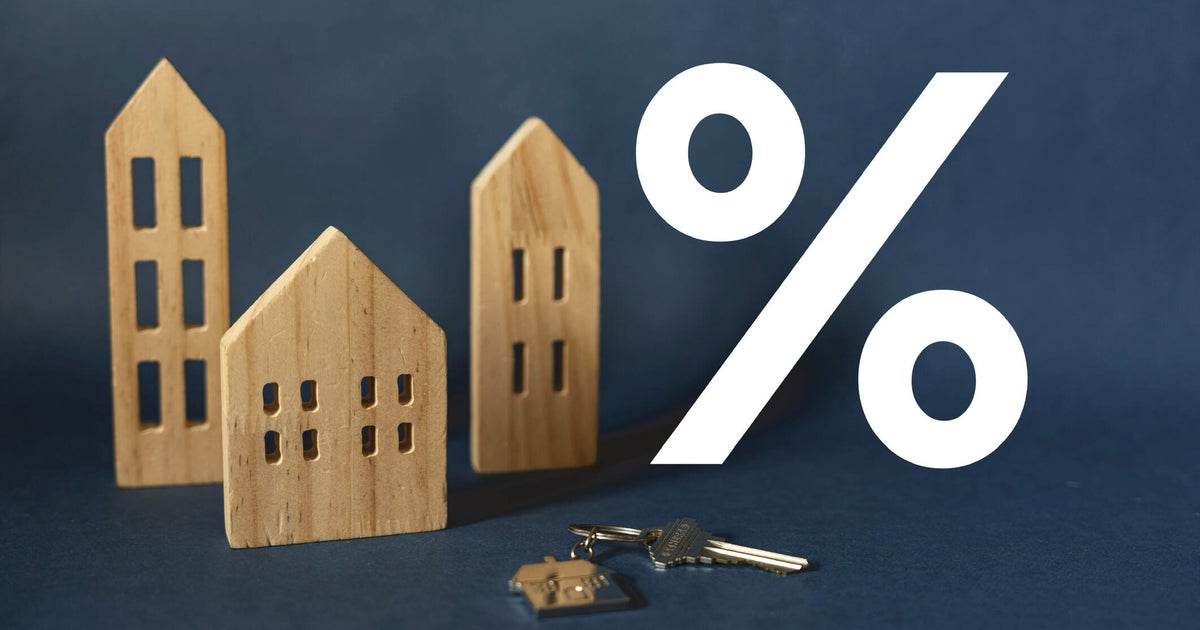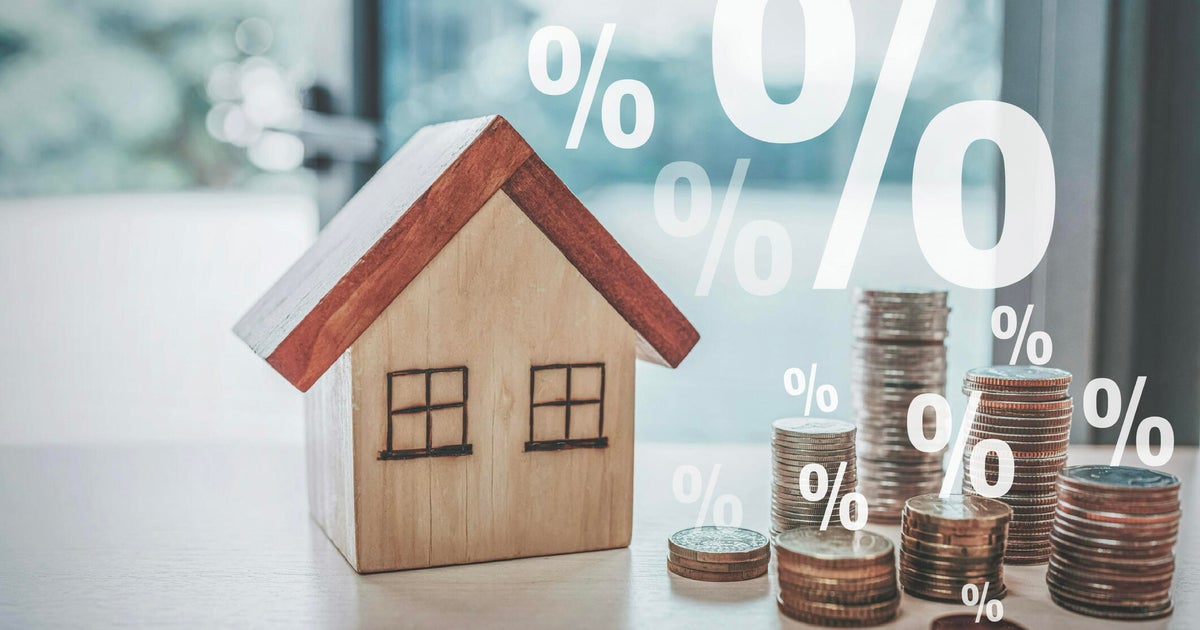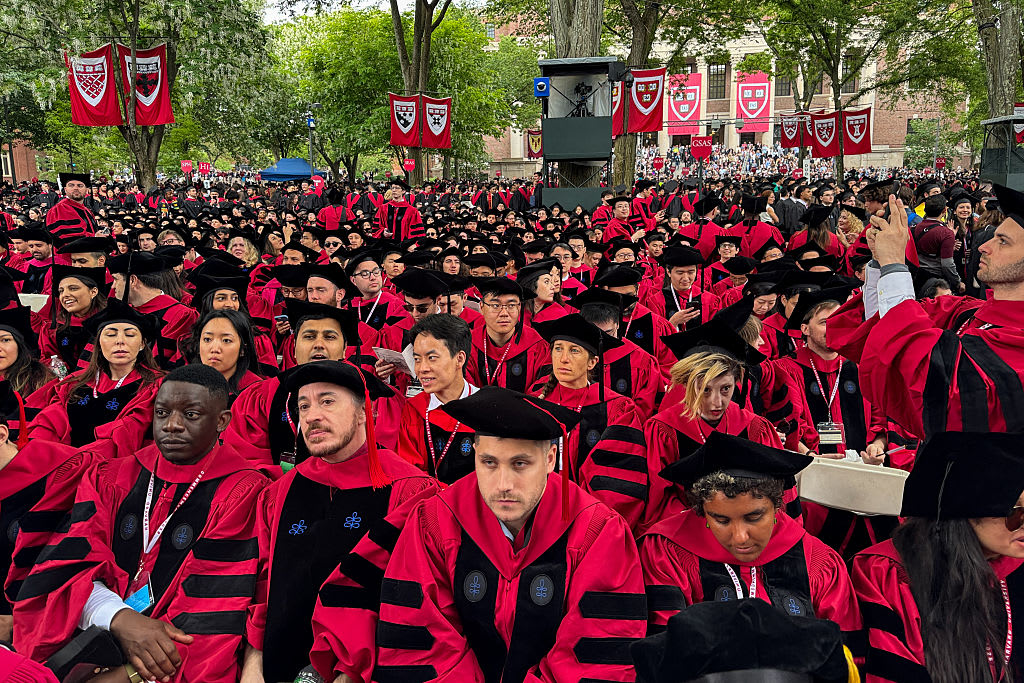Can you get a student loan with no credit check?
As back-to-school season approaches, many students are thinking about how they'll pay for the upcoming college semester. That can be challenging in any environment, but it can be particularly difficult now amid high tuition and high borrowing costs.
Since the start of the century, college tuition costs have more than doubled, according to the Education Data Initiative. That can cause some forms of funding — like grants, scholarships, and federal student loans — to fall short of fully covering education expenses, even if you qualify for the maximum amount.
That can be a problem if you have bad or no credit and need to borrow the rest with a private student loan. In that case, what are you supposed to do to cover your tuition? Well, the good news is that while credit challenges can make getting education funding trickier, it may still be possible to do.
Find out more about the private student loan rates you qualify for here now.
Can you get a student loan with no credit check?
Typically, private student loans require a credit check, while federal student loans generally do not. However, federal Direct PLUS loans, such as those that parents apply for, do require credit checks.
In a few cases, however, you may be able to get a student loan without a credit check. MPOWER Financing, for example, does not require you to have a credit score or credit history to apply. That said, if you do have a credit history, the lender will still look at issues like delinquencies, but will also take into account other factors when considering your application.
Get a head start on the fall semester. Explore the top private student loan rates you can get right now.
Options for student loans with no credit check
If you're looking for student loan options that don't require a credit check, the first step is to make sure that you've correctly filed for financial aid to maximize the help you can get, regardless of your credit history, says Jack Wang, wealth advisor and college financial aid advisor at Innovative Advisory Group.
This is important for qualifying for a wide range of support.
"The first step to access federal student loans is to fill out the FAFSA or Free Application for Federal Student Aid. This unlocks federal grants, need-based financial aid, scholarships and merit-based aid, work-study, and federal student loans," says Angela Colatriano, chief marketing officer at College Ave Student Loans.
Then, if you still need to get a private student loan without a credit check, you might look for a private student loan company that does not require a credit check or cosigner. However, those can be few and far between.
That said, Ascent is an example of a private student loan company that offers a way to qualify with no or minimal credit history. The company offers what it calls outcome-based student loans to college juniors and seniors with less than two years of credit history, based on factors like having at least a 2.9 GPA.
Alternatives to no-credit-check student loans
If you can't find a no-credit-check student loan, you might instead get help through a parent or guardian qualifying based on their credit history.
"The easiest solution is to get a cosigner who has good credit," says Wang.
Another option could be to find a lender offering an income share agreement.
"Income share agreements are technically loans, though the payments would represent a percentage of future earnings by the college graduate. The amount and length of repayment time would vary, but some lenders do not require a credit check to enter into an income share agreement," says Wang.
You also might find that some lenders are willing to let you borrow at a higher interest rate due to your credit risk. Sometimes this means using non-education-specific loans, like personal loans, though the rates can be much higher than student loans.
But as your credit score improves over time, you might later be able to refinance to reduce your interest rate.
Don't wait until the new school year starts. Learn more about your private student loan options here right now.
Other potential options to consider
If you can't qualify for enough funding to pay for college, it's possible that you'll need to find a more affordable school that you can pay for out of pocket or through minimal borrowing.
Community colleges are one option, notes Wang, particularly in states that "have generous transfer programs that can really help keep costs low."
Or, if you're struggling to find student loans because of your credit score, you might need to spend extra time looking for and applying for additional funding like scholarships outside of what you can qualify for through FAFSA, "though students shouldn't count on this as a major source. The odds of winning outside scholarships can be small," says Wang.
The bottom line
The more you can get through sources like scholarships, the less you have to borrow. If you do need private student loans, though, it's possible that you can still qualify with no credit history or a bad credit score with certain lenders, especially if you have a cosigner. Just be sure to consider all of the factors, like the rate and terms, before making a decision, as you want to do your best to set yourself up for financial success in the future.




